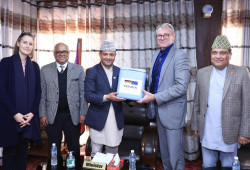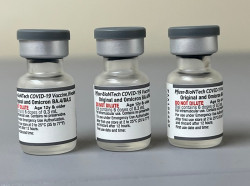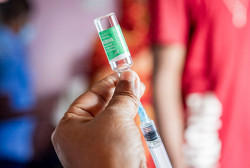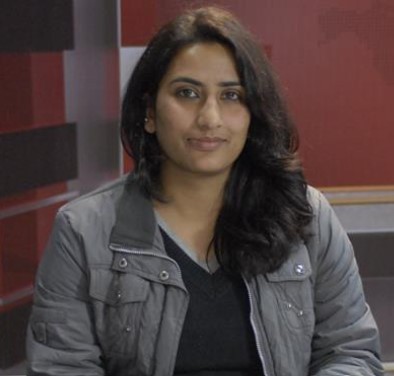Covid 19
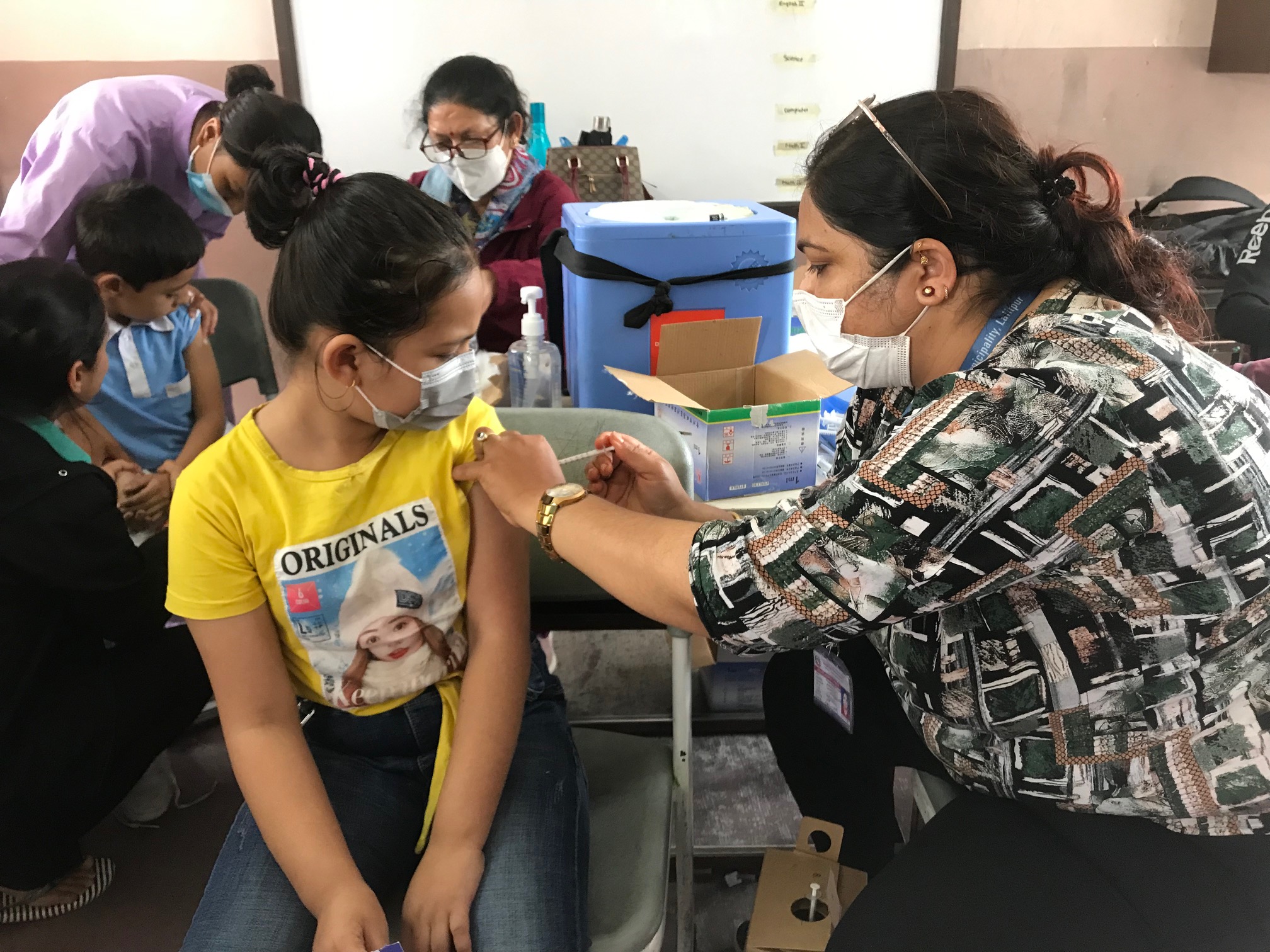
Even as millions of anti-coronavirus vaccines are lying in refrigerators and storage centres, Nepalis in need may have been clueless about how to get them.
Authorities, at all tiers of government, appear to be smug about the stocks, without bothering to go extra miles to vaccinate the needy. Forget which dose, be it the first or the booster!
Why are there few takers of the vaccines? Health experts point out the lack of information -- the needy know little about where to go for which vaccine at what hours and days.
Moreover, they say, far from starting a campaign for counselling the people to take the jabs, the government has yet to study why even the informed people are hesitant about taking the vaccines. The government needs to reach out to the population for vaccination, they add.
Vaccine hesitancy
By July 26, some 73 per cent of the population had taken the first jab against coronavirus infection, according to the Ministry of Health and Population. The ministry’s aim was to vaccinate 91.6 per cent Nepalis with one dose of vaccine and 88 per cent of Nepalis with complete doses by mid-April 2022.
But it has fallen far short of meeting the targets.
“People might not have been able to manage their time for vaccination. If someone wants to take the vaccine after office hours then it should be made available,” said Dr Baburam Marasini, public health expert.
Vaccines are being given between 10am-4:00 pm from health centres.
The government has vaccinated 21.3 million people with at least one dose of vaccine. Some 20.5 million people have received the second dose of the vaccine.
However, only seven million people have taken the additional doses till now.
People seem to be hesitant in taking the vaccines. “This is because of the risk perception. People felt that they have been infected and vaccination is not necessary now. They also feel that Covid is no longer there and there is no need for vaccination,” said Dr Samir Kumar Adhikari, assistant spokesperson at the health ministry.
But the reality is different.
Coronavirus cases have continued to rise. There is also an increasing trend of deaths in the country.
Rise in cases
On July 26, Nepal reported 638 cases of coronavirus infection, along with two deaths. With the recent additions, the number of active cases has moved to 3,714 across the country. From among those who tested coronavirus positive on a recent day, for example, 233 were from Kathmandu Valley.
The World Health Organization has concluded that the virus still remains a Public Health Emergency of International Concern. It has said the vaccines have saved millions of lives and it’s important for governments to focus on boosting the most at-risk communities, finding the unvaccinated among them so as to build up a wall of immunity.
“The government authorities have not been effectively using their volunteers to trace the number of people who have missed vaccination. They must find the reasons and act accordingly,” said Dr Marasini.
The UN health agency has said that the governments should also work to reverse the reduction in surveillance, testing and sequencing, and share anti-virals effectively.
The government feels that it has not been able to meet the targets for vaccination. “Community participation needs to be increased to reach a wider number of people,” said Dr Adhikari.
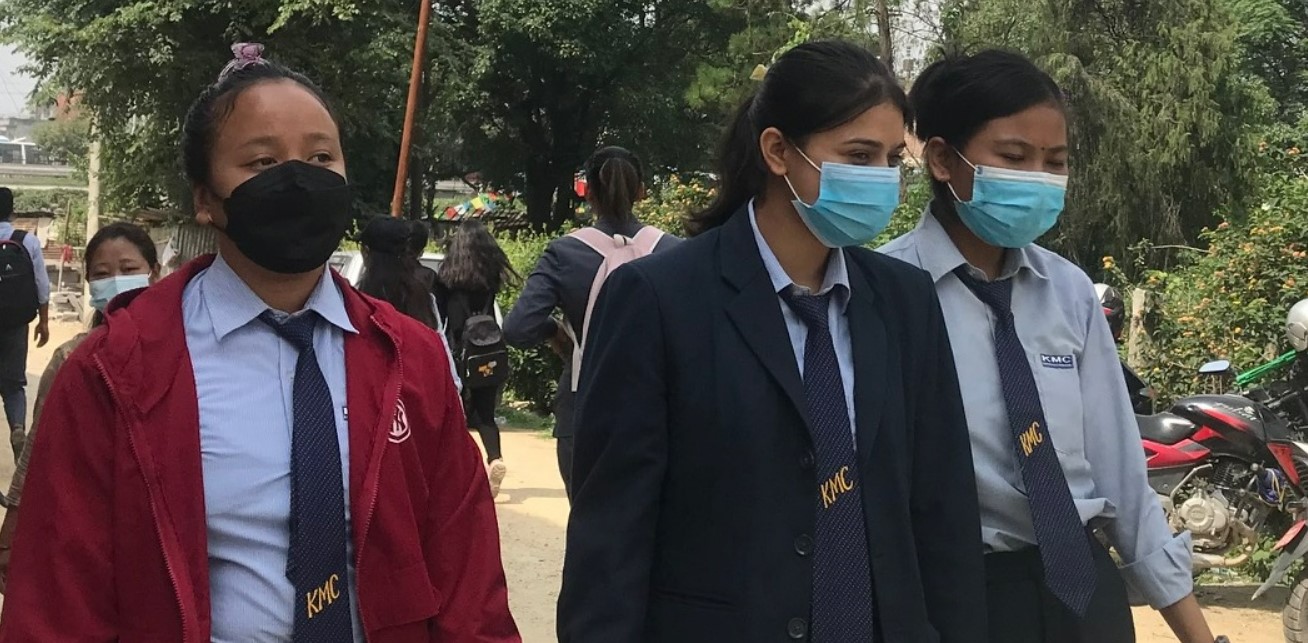
Vaccines save lives
The World Health Organization says that getting vaccinated could save one’s life. COVID-19 vaccines provide strong protection against serious illness, hospitalisation and death.
There is also some evidence that being vaccinated will make it less likely that you will pass the virus on to others, which means your decision to get the vaccine also protects those around you, the UN health agency has said.
“It is necessary to take the vaccine as it decreases the hospitalisation rate. If hospitalisation from Covid increases regular service will be harmed. Vaccination will save lives,” added Adhikari.
As per the ministry’s report, of the 30 people in the intensive care units in health centres across the country, 25 were in Bagmati Province and one was given ventilator care. A total of 11,959 have lost their lives in Nepal till July 27.
Citizens’ duty
As the number of infections has been rising, health experts are requesting the people to take vaccines and wear masks to prevent the infection from spreading.
“We request the people to take the vaccines as this decreases the risk of severity developing from the infection. Children should also be vaccinated. They are likely to transmit the virus to others who are susceptible to infections. The virus is mutating so we need to prevent ourselves,” said Dr Bibek Kumar Lal, director at Family Welfare Division.
“It is also a citizen’s duty to help control the infection,” added Marasini.
Follow stringent measures
Members of parliament, speaking during their meeting on July 26, suggested the government take stringent measures to prevent the spread of the infection.
“Government should inform the parliament about recent developments about the rising number of infections and follow stringent measures to control the infection spread,” Yogesh Bhattarai said.
After the members in the parliament started speaking about issues of public health concern speaker Agni Prasad Sapkota requested the members to attend the parliamentary meetings by wearing masks and practising preventive measures.
Ways to increase vaccination
- Mobilise nursing and medical students as volunteers for research and vaccination
- Increase the duration for vaccination
- Increase publicity
- Use volunteers for counselling public to take the vaccines
- Reach out the unvaccinated with solid plans so that everyone takes the vaccine
